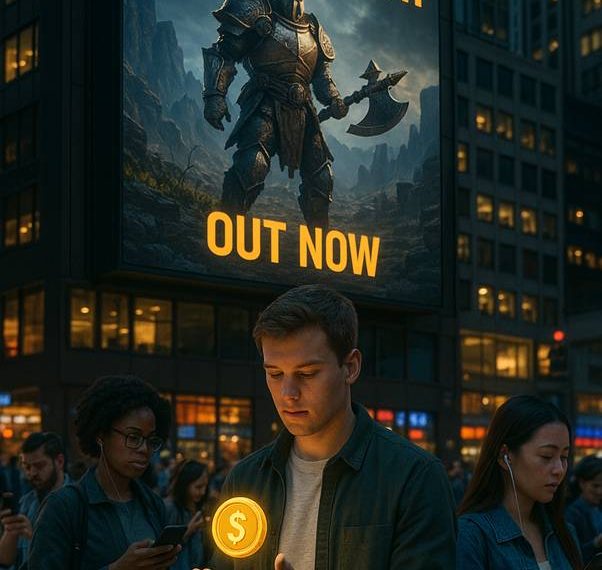The gaming industry has transformed from simple entertainment into a force that shapes how we learn, work, and interact with digital economies. Market analysis shows that gaming now influences sectors far beyond traditional entertainment, creating new economic models where digital value transfers occur daily. The integration of promotional offers like a 1xbet bonus represents just one aspect of how gaming and digital wagering have become interconnected parts of the broader digital economy.
Gaming has reshaped how people perceive digital ownership. A study by Stanford Digital Economy Lab found that 78% of adults under 35 now consider digital assets to have legitimate value—a significant shift from just five years ago. This perception change cuts across multiple sectors, from education to professional training.
Gaming Technologies Reshaping Education and Professional Training
The gamification of learning environments has created measurable improvements in information retention and skill development. Gaming-based education outcomes show that students using game-based learning systems retain information 40% longer than those using traditional methods.
This trend extends beyond formal education into professional training. Companies like Boeing, Walmart, and IBM now use gaming technology for employee training, cutting costs by 60% while improving skill retention by 45%. The benefits include:
- Customized learning paths based on individual performance
- Real-time feedback mechanisms that identify knowledge gaps
- Simulated environments for practicing high-risk procedures
- Social learning components that improve team collaboration
- Adaptive difficulty systems that optimize challenge levels
- Progress tracking and skill certification
- Engagement metrics that measure learning effectiveness
Virtual Economies and Digital Asset Valuation
The normalization of in-game economies has transformed how people value digital assets. Digital asset marketplaces growth reveals that trading volume for digital items reached $87 billion in 2024, representing a 340% increase since 2020.
What’s particularly interesting about this shift is how it correlates with broader economic behaviors. People who regularly participate in virtual economies show greater comfort with other forms of digital value exchange, including cryptocurrency adoption and online wagering. The psychological barriers between virtual and physical value continue to blur.
The crossover between gaming economies and financial markets has created new hybrid models. Games now function as economic simulations where players learn investment strategies, risk assessment, and market analysis through practical experience.
Gaming’s Influence on Workplace Collaboration and Productivity
The structure and mechanics of multiplayer games have influenced how companies organize teams and projects. Remote work tools now incorporate elements from gaming interfaces, focusing on clear objectives, immediate feedback, and visible progress markers.
The shift toward what analysts call “game-thinking” in workplace design has improved productivity metrics across multiple industries. Teams organized using principles from cooperative games show 32% higher productivity and 47% better problem-solving capabilities compared to traditional management structures.
I’ve noticed this trend accelerating particularly in creative industries, where project management software now features achievement systems, skill trees, and collaborative challenges directly inspired by multiplayer game mechanics. These systems transform routine tasks into engaging activities with clear purpose and feedback.
This gamification of work represents a fundamental shift in how organizations approach employee engagement. Rather than treating motivation as an external factor, companies now design work experiences that generate intrinsic motivation through autonomy, mastery, and purpose—core elements of game design.
The gaming industry continues to function as a testing ground for new digital interaction models that eventually spread to other sectors of the economy. From education to workplace design to economic behavior, gaming’s influence extends far beyond entertainment, reshaping fundamental aspects of digital culture and creating economic value through new models of engagement and participation.
As digital and physical economies become increasingly integrated, gaming’s role as a cultural and economic trendsetter will likely continue growing throughout 2025 and beyond.







